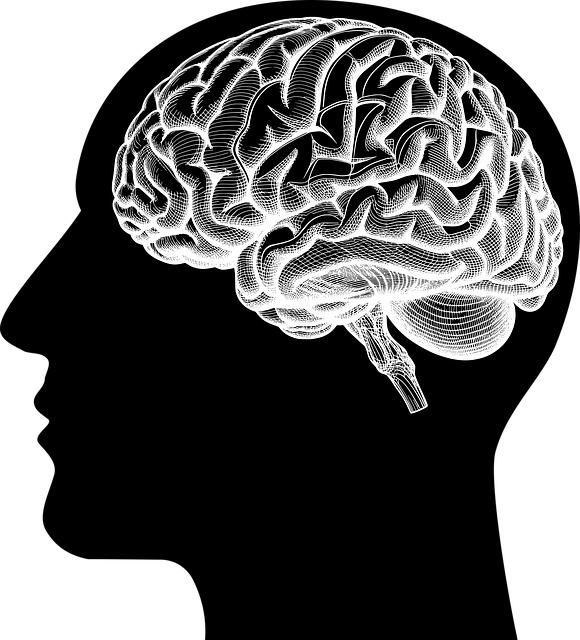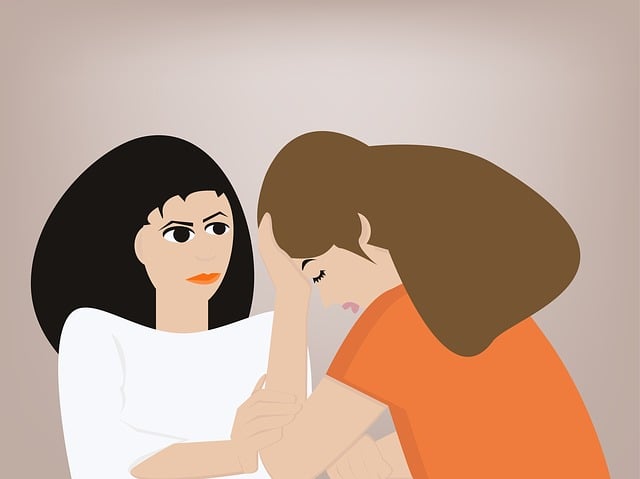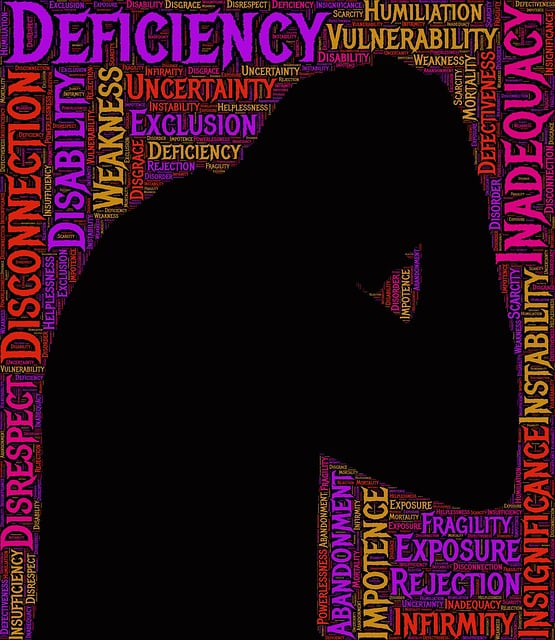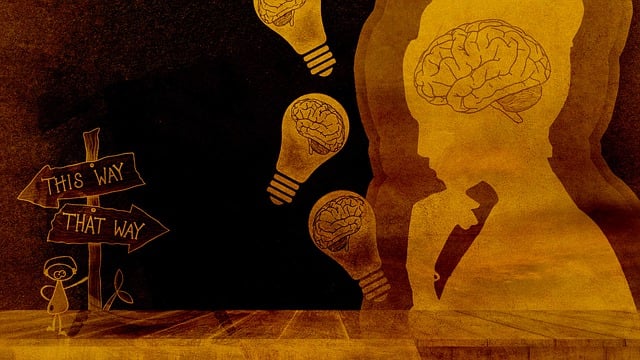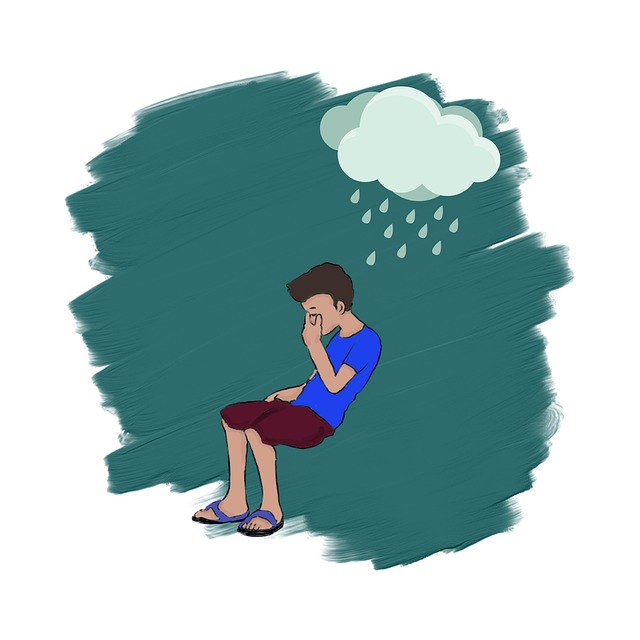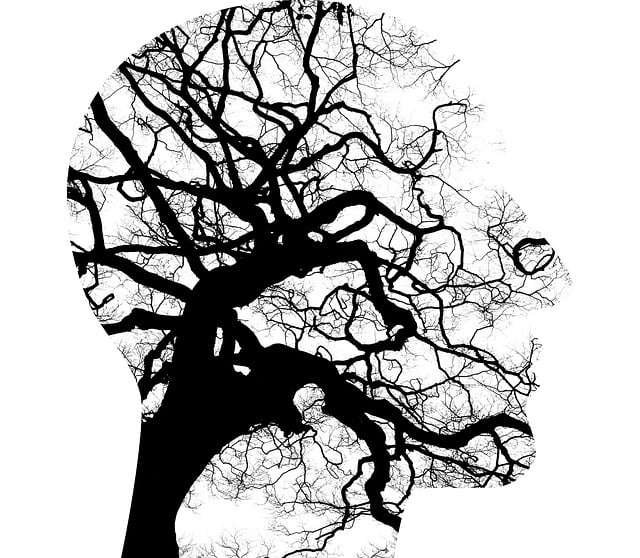The media's portrayal of mental illness significantly shapes public understanding, with current depictions often perpetuating stereotypes and misconceptions. This can be especially damaging for vulnerable populations seeking help, like parents interested in Littleton Parenting Skills Therapy for their children. To combat this, responsible media coverage advocating for authentic Mental Health Policy Analysis is essential. Accurate portrayals break down barriers, encourage open conversations about mental health, and direct viewers to valuable resources like Trauma Support Services. By modeling effective interventions, programs like Littleton Parenting Skills Therapy demonstrate holistic approaches to addressing family-based mental health challenges, inspiring positive change in media representation and community support.
Mental illness representation in media is a complex issue with profound implications. This article explores the current state of mental health portrayal, delving into the pervasive stereotypes and misinformation that shape public perception. We present strategies for accurate and compassionate depiction, highlighting the positive impact of initiatives like Littleton Parenting Skills Therapy. By empowering communities, professionals, and media makers, we can drive meaningful change, fostering a more informed and supportive society.
- Understanding Mental Illness Representation in Media: The Current State
- The Impact of Stereotypes and Misinformation on Public Perception
- Strategies for Accurate and Compassionate Portrayal: A Case for Littleton Parenting Skills Therapy
- Empowering Positive Change: Engaging Communities, Professionals, and Media Makers
Understanding Mental Illness Representation in Media: The Current State

The media plays a significant role in shaping public understanding of mental illness, making accurate representation crucial for fostering Mental Health Awareness. However, the current state of mental illness portrayal in popular culture often falls short, perpetuating stereotypes and misconceptions. Many media platforms still resort to sensationalized narratives or depict conditions as either non-existent or overly dramatic, failing to capture the nuanced realities of various mental health challenges. This lack of accurate representation can have detrimental effects, especially on vulnerable audiences like parents seeking Littleton Parenting Skills Therapy for their children struggling with mental health issues.
In light of this, advocating for more responsible media coverage is essential. It is imperative to integrate Mental Health Policy Analysis and Advocacy into storytelling, showcasing the diversity of experiences while emphasizing recovery possibilities. By presenting authentic portrayals, media can contribute to breaking down barriers and encouraging open conversations about mental illness. Such representations can also direct viewers towards available resources, such as Trauma Support Services, making a significant impact on communities in need.
The Impact of Stereotypes and Misinformation on Public Perception

The representation of mental illness in media plays a pivotal role in shaping public perception and understanding. Stereotypes and misinformation prevalent in various forms of media can lead to a distorted view of mental health conditions, affecting how individuals with these issues are treated in society. Often, media portrays mental illness through a lens of sensationalism, focusing on extreme cases or perpetuating harmful stereotypes. This can result in the public associating specific disorders with violent behavior, chaos, or even a lack of morality—myths that require constant dispelling.
For instance, the media’s historical portrayal of individuals with mood disorders as unpredictable and dangerous has contributed to the stigmatization of mental illness, creating an environment where those affected might avoid seeking necessary therapy, such as Littleton Parenting Skills Therapy. This challenges the ability of healthcare providers to offer effective support, as the public’s limited understanding can hinder access to services. Therefore, promoting accurate representation in media is essential, and initiatives like enhancing healthcare provider cultural competency training can empower professionals to counter these stereotypes while offering evidence-based solutions, including mood management techniques and confidence-boosting strategies.
Strategies for Accurate and Compassionate Portrayal: A Case for Littleton Parenting Skills Therapy

The accurate and compassionate portrayal of mental illness in media is paramount to fostering understanding and reducing stigma. One innovative approach that exemplifies this is Littleton Parenting Skills Therapy, a program designed to address both mental health challenges and interpersonal conflicts within families. By integrating evidence-based practices and conflict resolution techniques, this therapy offers a holistic solution, not only treating individual symptoms but also strengthening family dynamics.
Through collaborative efforts between therapists and parents, the program equips families with valuable skills to navigate crises, enhance communication, and promote mental health policy analysis and advocacy at home. By modeling effective coping mechanisms and crisis intervention guidance, Littleton Parenting Skills Therapy sets a positive example for media representation, showcasing the power of family-focused interventions in addressing complex mental health issues.
Empowering Positive Change: Engaging Communities, Professionals, and Media Makers

Empowering positive change through mental health representation in media is a collaborative effort involving communities, professionals, and media makers. By fostering open dialogue and sharing diverse stories, we can challenge stereotypes and promote empathy. Communities play a vital role by sharing their experiences and providing input on accurate representation. Professionals, such as therapists like those at Littleton Parenting Skills Therapy, contribute expertise to ensure portrayals are not only authentic but also respectful of sensitive topics.
Media makers have the power to revolutionize how mental illness is depicted. They can incorporate practices like mindfulness meditation and stress reduction methods into their narratives, showcasing these as tools for burnout prevention. This approach not only offers a more nuanced view of individuals with mental health challenges but also inspires hope and encourages support from viewers. Together, these stakeholders can create a media landscape that reflects the reality of mental illness while empowering positive change.
Media representation of mental illness plays a pivotal role in shaping public understanding and attitudes. By challenging stereotypes and promoting accurate, compassionate portrayals, we can foster empathy and reduce stigma. Strategies like those employed by Littleton Parenting Skills Therapy offer a promising path forward. Engaging communities, professionals, and media makers is essential to drive positive change and ensure that mental health stories are told with authenticity and respect, reflecting the diversity of experiences within the mental health community.


